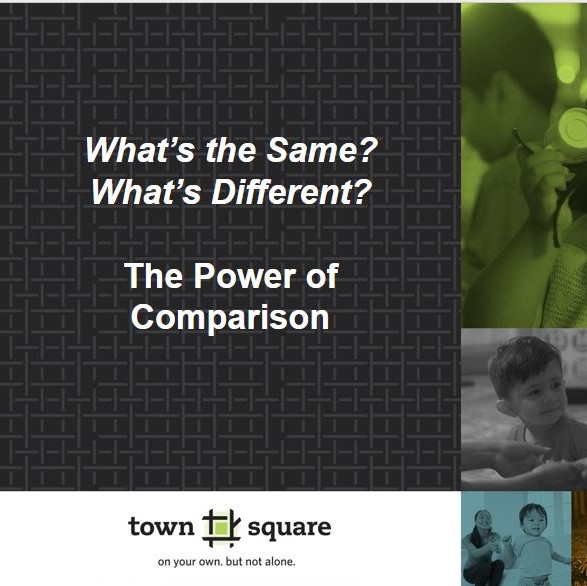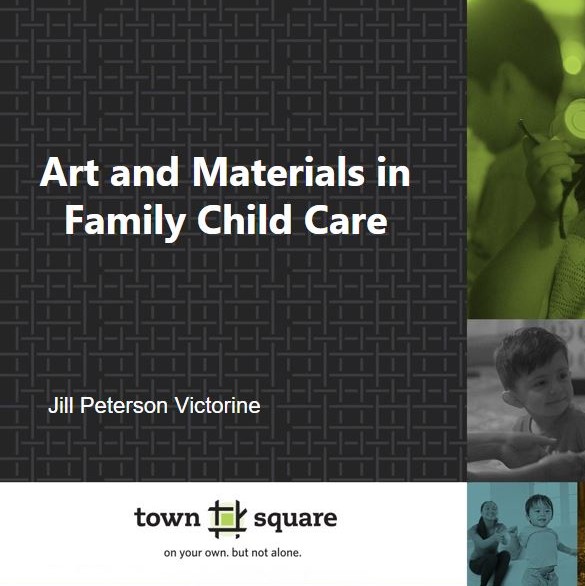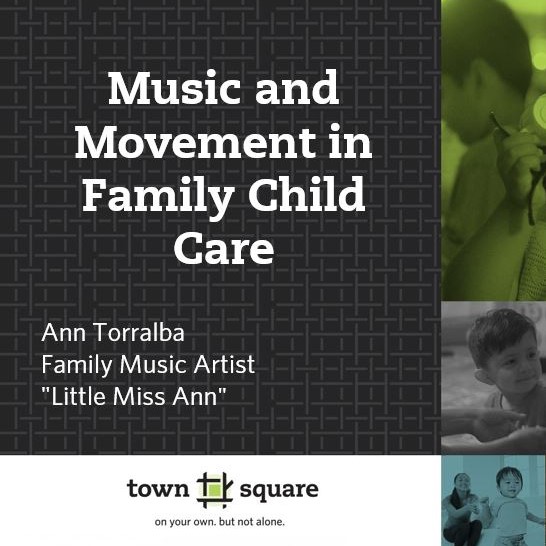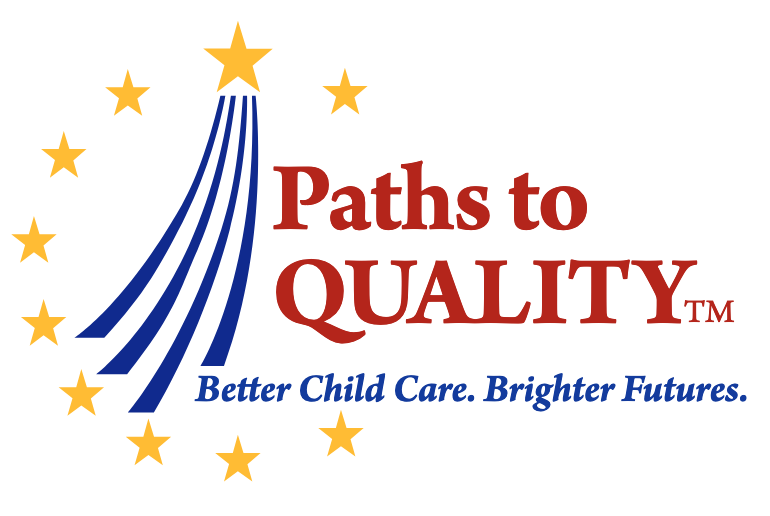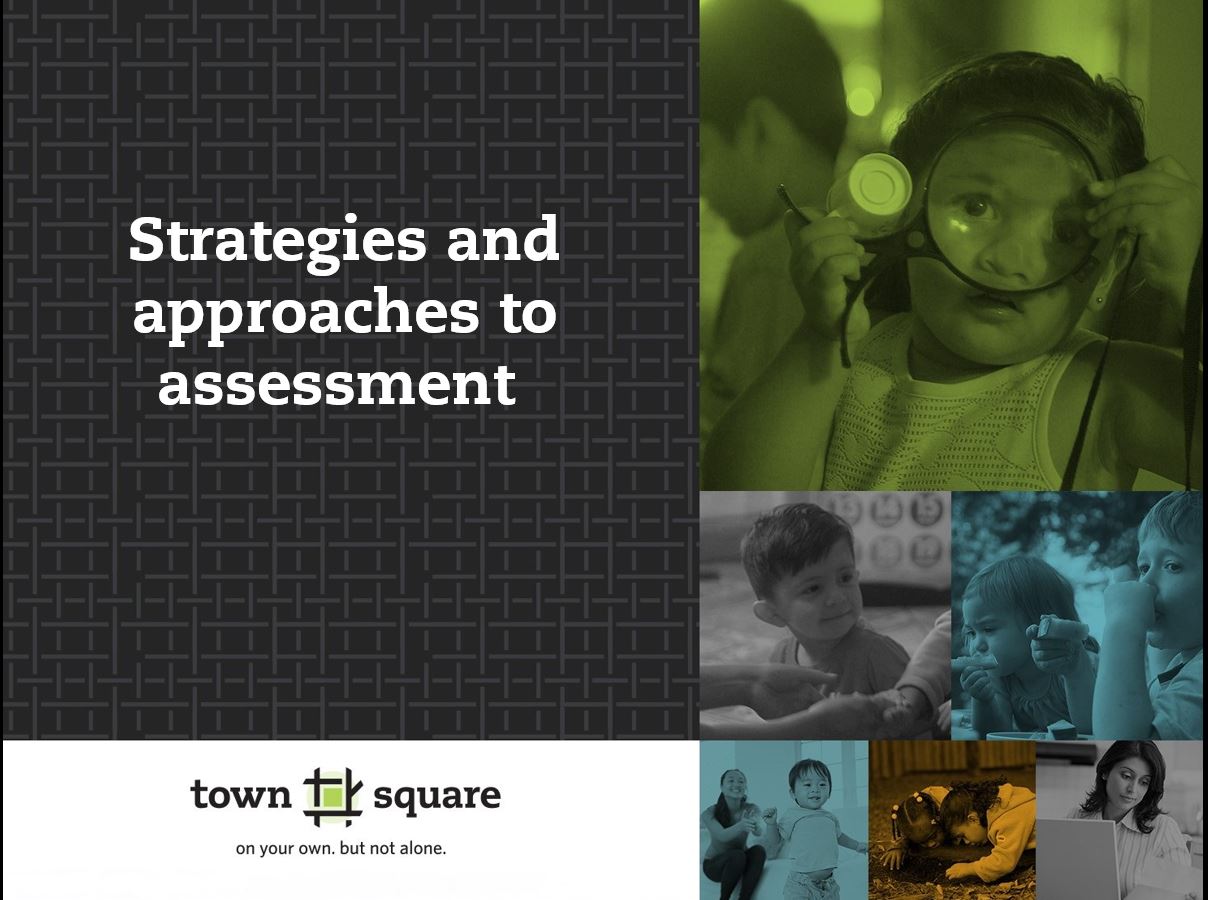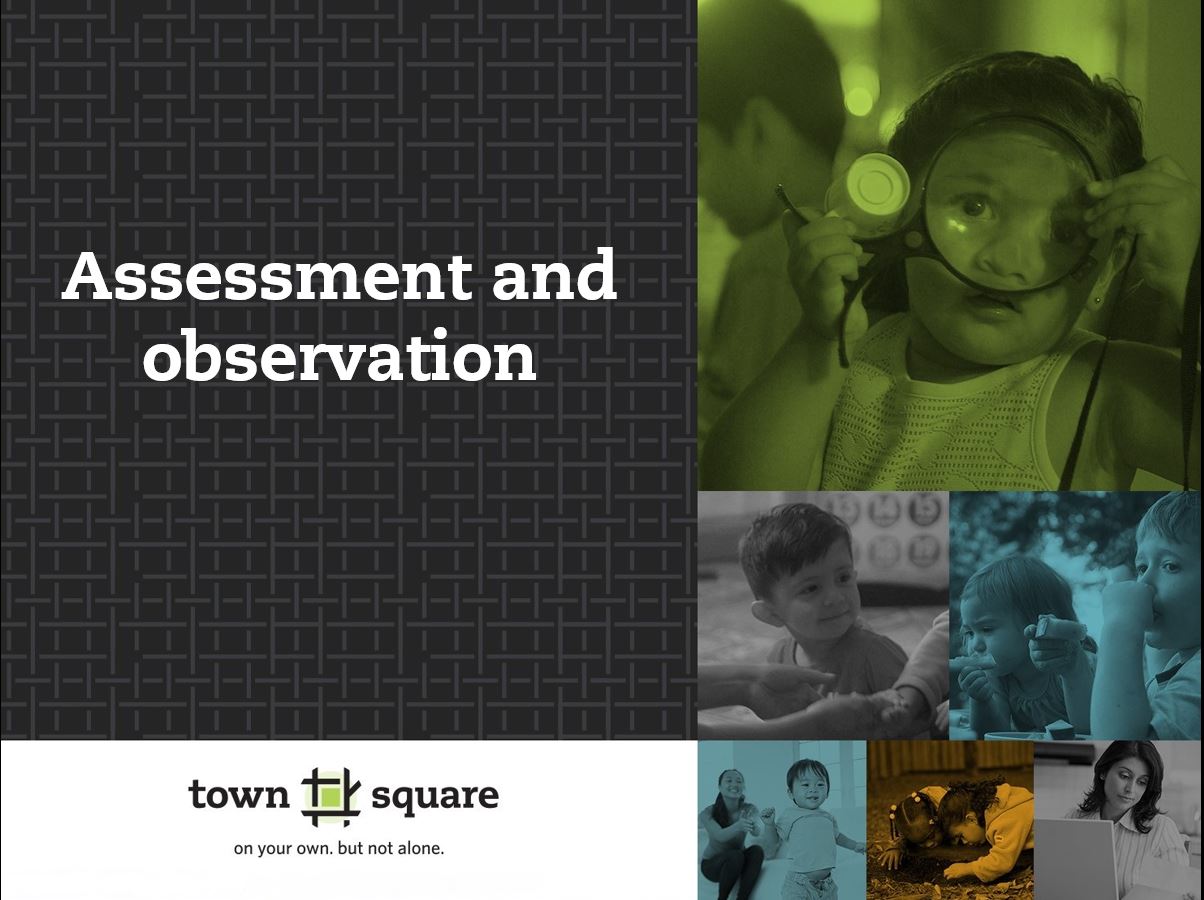In the Paths to Quality Standards for Participation, there are 13 standards that family child care providers must meet to move from level 1 to level 2. One practice states:
Each child feels safe, accepted, and protected. This is supported by daily practices that reinforce respect for people, feelings, ideas, and materials.
What does it mean to feel safe, accepted, and protected? What are daily practices that support children in feeling this way? Paying attention to each child and taking advantage of time to connect, even though this is difficult in group care, is a great start. Especially during caregiving times like feeding and diapering/toileting when children are at their most vulnerable. In the RIE philosophy of infant caregiving, this is called “want something quality time.” When the adult has a goal, but it can be accomplished mutually with the child’s cooperation, and the time can be spent in a pleasant interaction with the child rather than rushed through.
This is in addition to “want nothing quality time,” when adults spend time playing with, talking to, and observing children without another agenda. Helping children feel safe also involves self-reflection. Knowing how to handle children’s challenging behaviors is an ongoing process and requires some self-reflection to ensure that adult responses are compassionate and appropriate and demonstrate to the child that the adult isn’t a threat. It’s easy to forget that adults are many times the size of a young child and can easily feel frightening to them. As Circle of Security says, the adult must choose to be “bigger, stronger, wiser, and kind.”
Respect for ideas is simply listening to children and helping them have discussions together in a way that allows for free expression of thoughts without ridicule.
Respect for materials might be more complicated. One of the greatest frustrations in family child care can be broken materials! But daily practices that can support respect for materials might include helping children choose the right materials for their chosen activity (throwing sponge balls instead of blocks), and teaching and modeling appropriate use of materials such as paintbrushes and markers.
Reflection:
- How can you tell when a child is feeling safe?
- What frequent occurrence is most likely to dysregulate you? Spilled paint? Children squealing? How can you proactively support your own wellness and calm?
“If we are not working on getting better then we are kinda stagnant and not growing … it is better to get in on front end of a program than the tail end so when a new program comes through we try to jump right on that and get our staff excited about it to be leaders.”
“We already knew we were operating at this higher level, why not have the validation from something like Paths to QUALITY, so that it was more than just us saying we are a strong program but having Paths to QUALITY backing us up as well.”
“I live in a low income area and I have had so many times since I started that I have had interviews set up with parents and I get no reason why they don’t show up. I wonder if some of them just figured out where I’m at and they won’t come. I’ve had someone say that on the phone one time – I know where that’s at. They don’t like the area…I thought it would give me some credibility.”
“I think we would like to get some recognition and also about what we do and maybe in return parents will be calling us and saying “oh, you are this level, we appreciate what you are doing so that is why I want my child to come to you.”
“For me, I joined PTQ because parents are looking at all types of daycares and if you want to stand out, you have to do something to stand out. Participating in whatever you can,
accreditation, whatever. It gives the parents a little something more to look at than just someone watching their kids. That this is what they do, this is their profession, they want to stand out with everything and with PTQ that helps us better our programs and our children so that it is beneficial to us and our programs.”
“…I like that you do get the benefits of moving up, leveling up and you do get that bonus where you get to go through the catalog because we run on peanuts trying to dish out for nutritional foods and things. We don’t have a lot of money to spend on the kids and that little incentive is good too. So it’s nice.”
Explore the precursor mathematical concept of comparison, children’s understanding of this PMC, and how adults can scaffold children’s developing thinking and communication skills in this virtual training for family child care providers. Building an understanding through investigation, video analysis, and reflection (self or with colleagues).
Objectives:
- Providers will explore the mathematical thinking that underlies the ideas of comparison and measurement
- Providers will build an understanding of how infants, toddlers and 2s develop their thinking about comparison
- Providers will consider strategies for scaffolding the developing thinking and communication skills of infants, toddlers and 2s
- Providers will reflect on how to use their new understandings in their own work setting
Town Square Indiana modules can be found in Indiana Learning Paths. Please follow the link below to log into your I-lead account and click on “Start Your Indiana Learning Path”. Once in Indiana Learning Paths please search for:
Town Square – What’s the same? What’s different? The Power of Comparison
Explore the mathematical big ideas of measurement, children’s understanding of these big ideas, and how adults can scaffold children’s developing thinking and mathematical practice in this virtual training for family child care providers. Building an understanding through investigation, video analysis, and reflection (self or with colleagues).
Objectives:
- Providers will explore the math ideas that guide comparison and measurement
- Providers will build an understanding of how 3- to 6-year-old children develop their thinking about comparison and measurement
- Providers will consider strategies for scaffolding children’s developing thinking and communication skills
- Providers will reflect on how to use their new understandings in their own work setting.
Town Square Indiana modules can be found in Indiana Learning Paths. Please follow the link below to log into your I-lead account and click on “Start Your Indiana Learning Path”. Once in Indiana Learning Paths please search for:
Town Square – What kind of “big” is it? Comparison & Measurement
Explore choosing art materials and the art process in this virtual training for family child care providers. Develop an understanding of process art, explore various materials that support drawing, painting, and 3D art, and finally, identify your role in facilitating exploration.
Objectives:
- Providers will develop an understanding of process art
- Providers will explore a variety of materials that support drawing painting and 3D art
- Providers will identify their roles in facilitating exploration of art materials
Town Square Indiana modules can be found in Indiana Learning Paths. Please follow the link below to log into your I-lead account and click on “Start Your Indiana Learning Path”. Once in Indiana Learning Paths please search for:
Town Square – Art and Materials in Family Child Care
Explore the importance of music and movement for children in this virtual training for family childcare providers. Identify the cognitive, linguistic, social-emotional, and physical benefits of music. Reflect and plan on ways to incorporate music in your program.
Objectives:
- Providers will identify the cognitive, linguistic, social-emotional, and physical benefits of incorporating music for young children.
- Providers will reflect on the ways they currently incorporate music in their program
- Providers will plan ways to include music into their programs.
Town Square Indiana modules can be found in Indiana Learning Paths. Please follow the link below to log into your I-lead account and click on “Start Your Indiana Learning Path”. Once in Indiana Learning Paths please search for:
Town Square – Music and Movement in Family Child Care
Paths to QUALITY™ connects professionals like you with the tools and support needed to create high quality learning environments for children. As an early childhood or youth professional, you work hard to ensure that the children in your care are safe, healthy and learning. You play a critical role in children’s ability to succeed. By providing high quality care and education, you are demonstrating your commitment to these children and their long-term success. You are making sure that each child is ready for school and prepared for life, and Paths to QUALITY™ wants to recognize and reward you for that.
Brighter Futures Indiana Paths to Quality
This module created by a family child care provider, will explore how to plan for science in your program through experiences with nature, thinking of the environment as a tool to allow young children to explore and investigate meaningful learning experiences.
Town Square Indiana modules can be found in Indiana Learning Paths. Please follow the link below to log into your I-lead account and click on “Start Your Indiana Learning Path”. Once in Indiana Learning Paths please search for:
Town Square – Planning for Science through Nature in your Environment and Curriculum
Explore different strategies and approaches to assessment in this virtual training for family childcare providers. Develop an understanding of the different types of documentation, then explore strategies for documenting children’s behaviors, skills, and interests, and finally develop a plan for using documentation to communicate with families.
Objectives:
- Providers will develop an understanding about different types of documentation and how these fit into the observation-planning-assessment cycle
- Providers will consider strategies that fit into the daily life of their program for documenting children’s behaviors, skills, and interests.
- Providers will develop a plan for using documentation to communicate with families
Town Square Indiana modules can be found in Indiana Learning Paths. Please follow the link below to log into your I-lead account and click on “Start Your Indiana Learning Path”. Once in Indiana Learning Paths please search for:
Town Square – Strategies and approaches to assessment
Explore the importance of observation and assessment in this virtual training for family childcare providers by defining observation and assessment, then analyze how assessment and observation are utilized. Finally, explore the role of families in assessment.
Objectives:
- Providers will define observation and assessment.
- In discussing observation and assessment to direct teaching, providers will analyze the ways they currently use assessment and observation in their program.
- After describing the importance of including families in assessment, providers will develop a plan to get to know families.
Town Square Indiana modules can be found in Indiana Learning Paths. Please follow the link below to log into your I-lead account and click on “Start Your Indiana Learning Path”. Once in Indiana Learning Paths please search for:
Town Square – Assessment and observation

